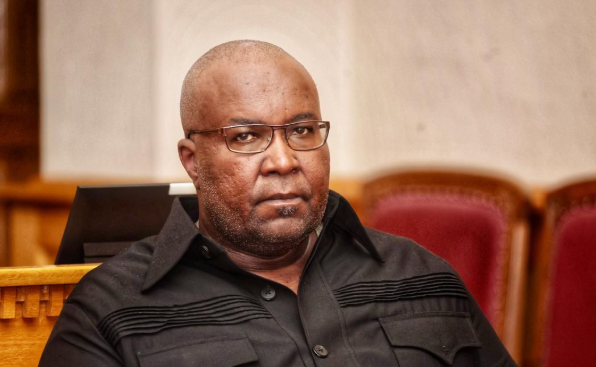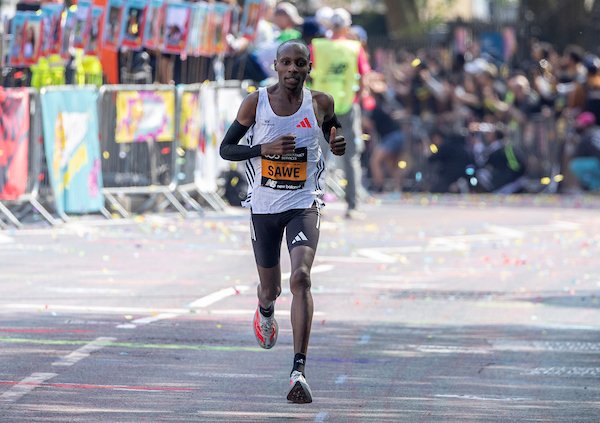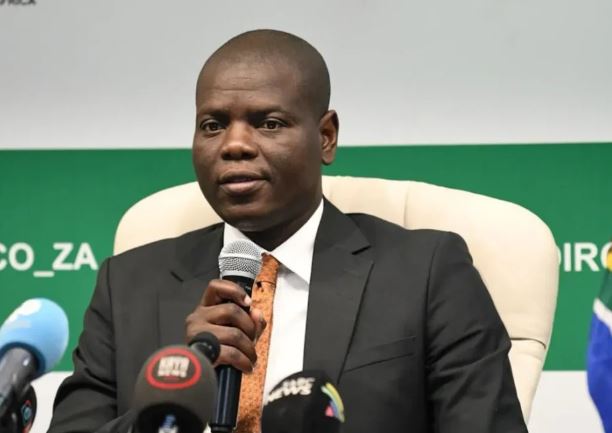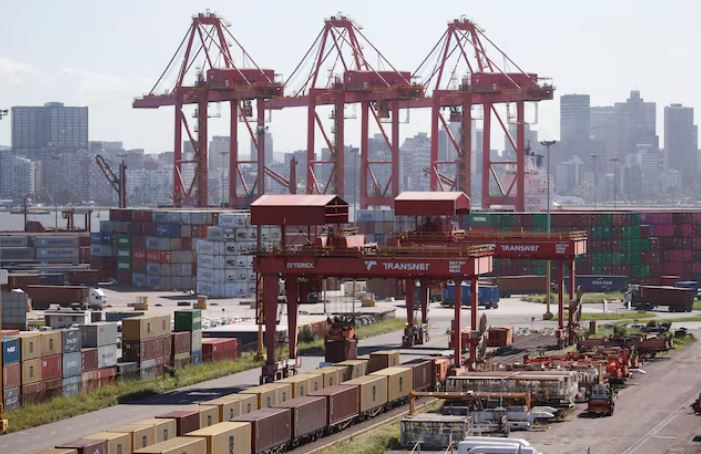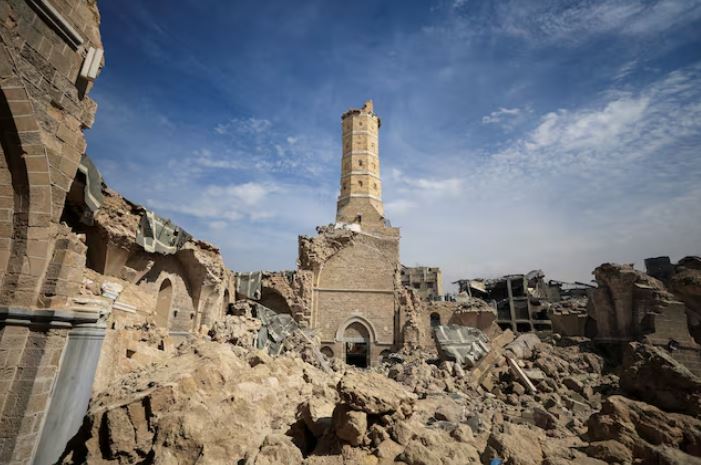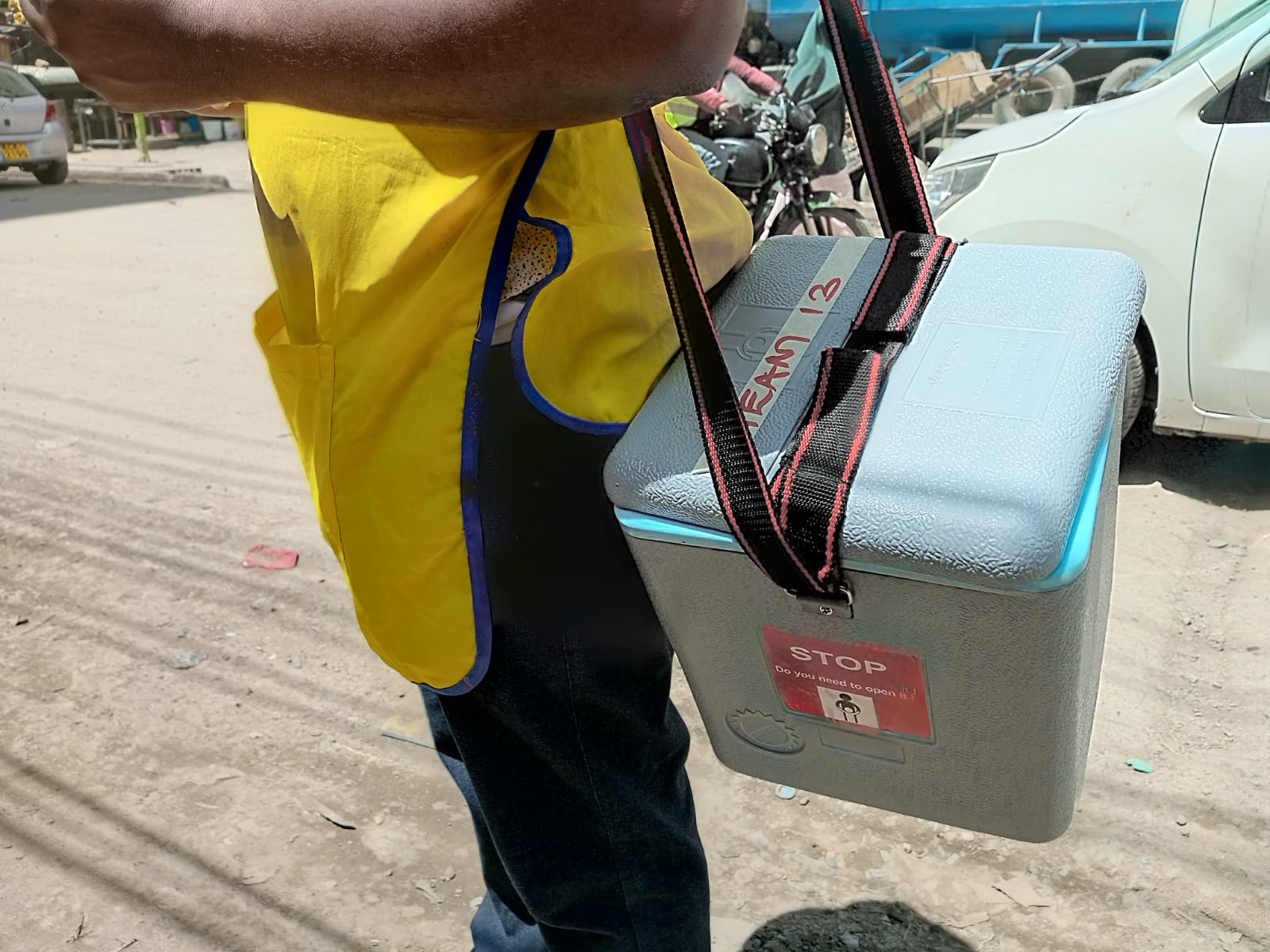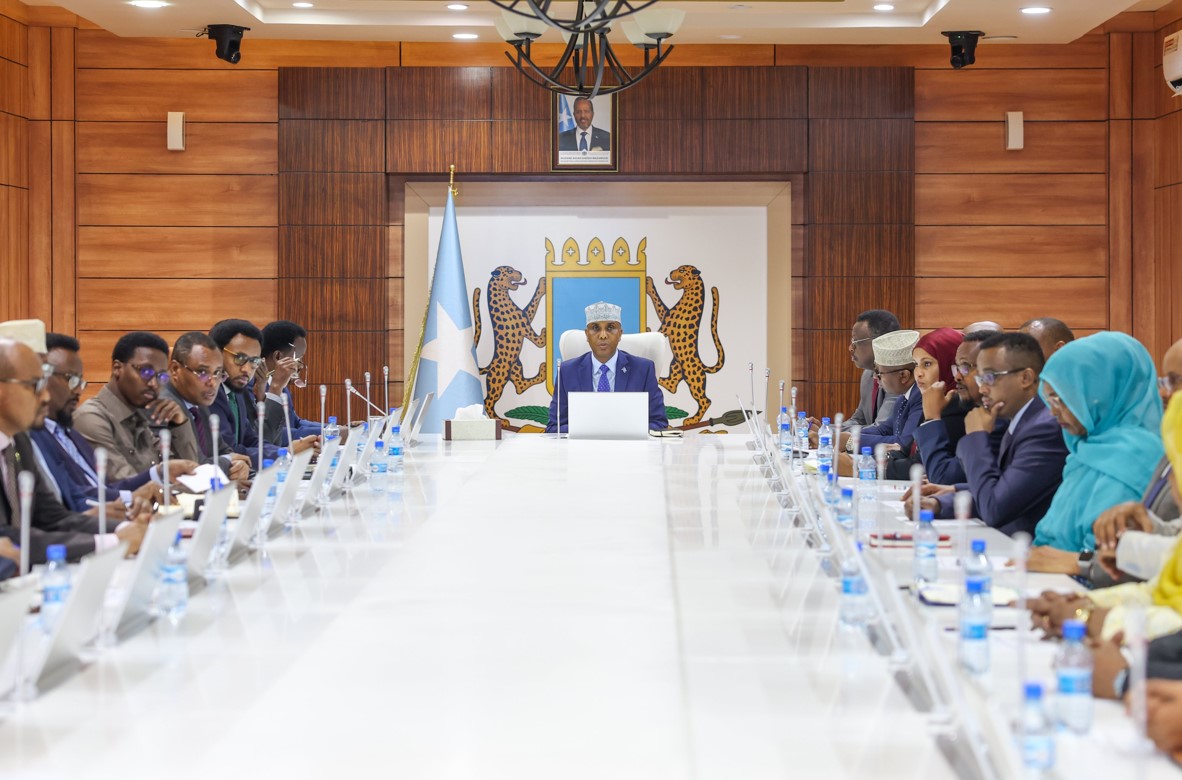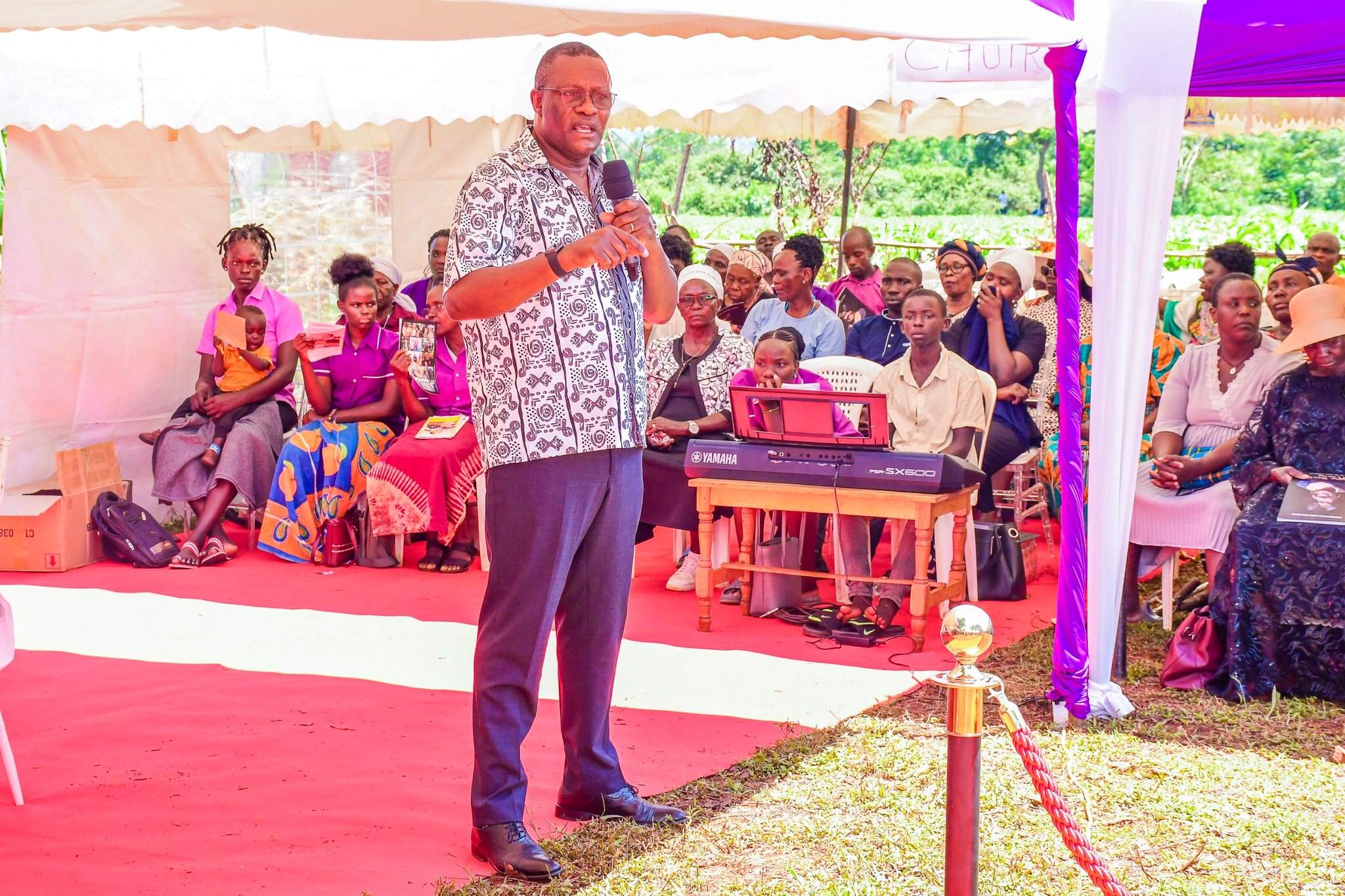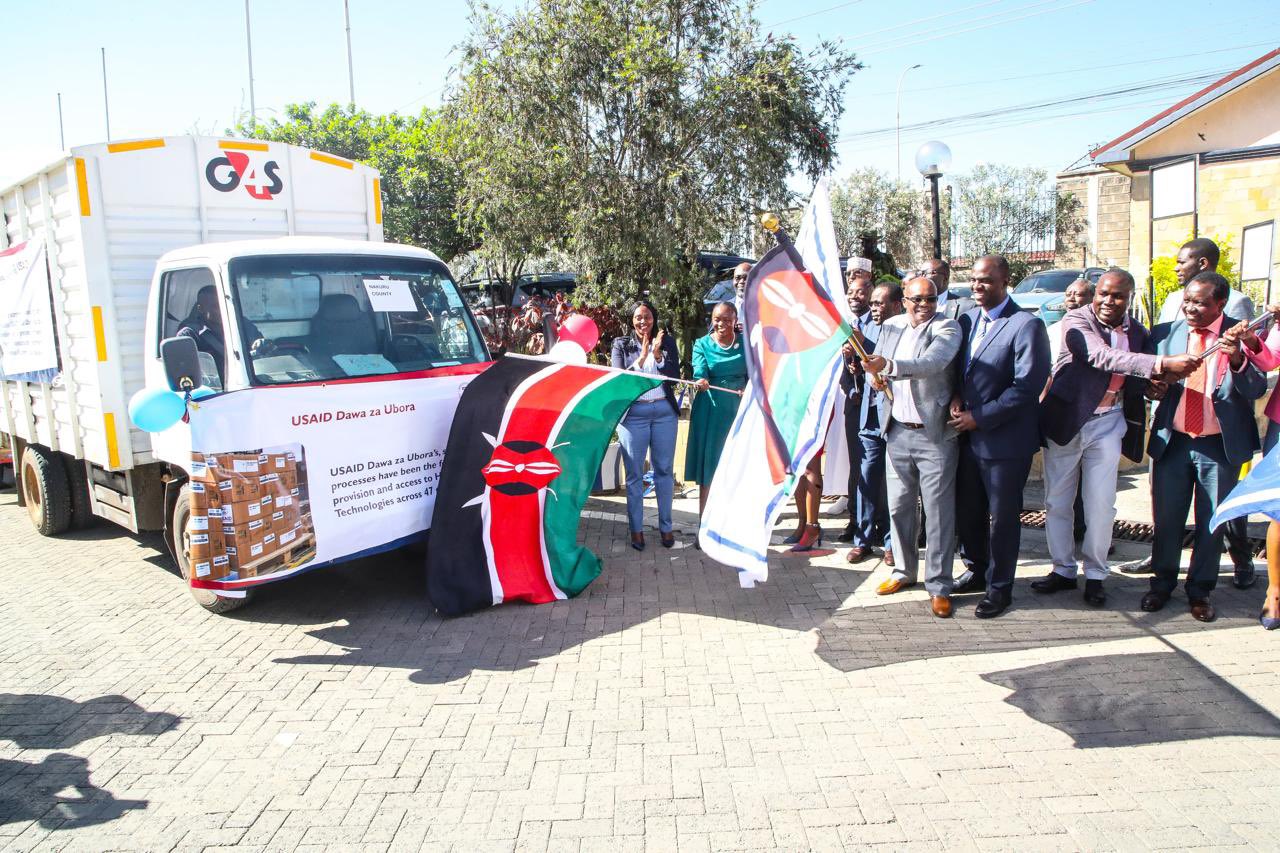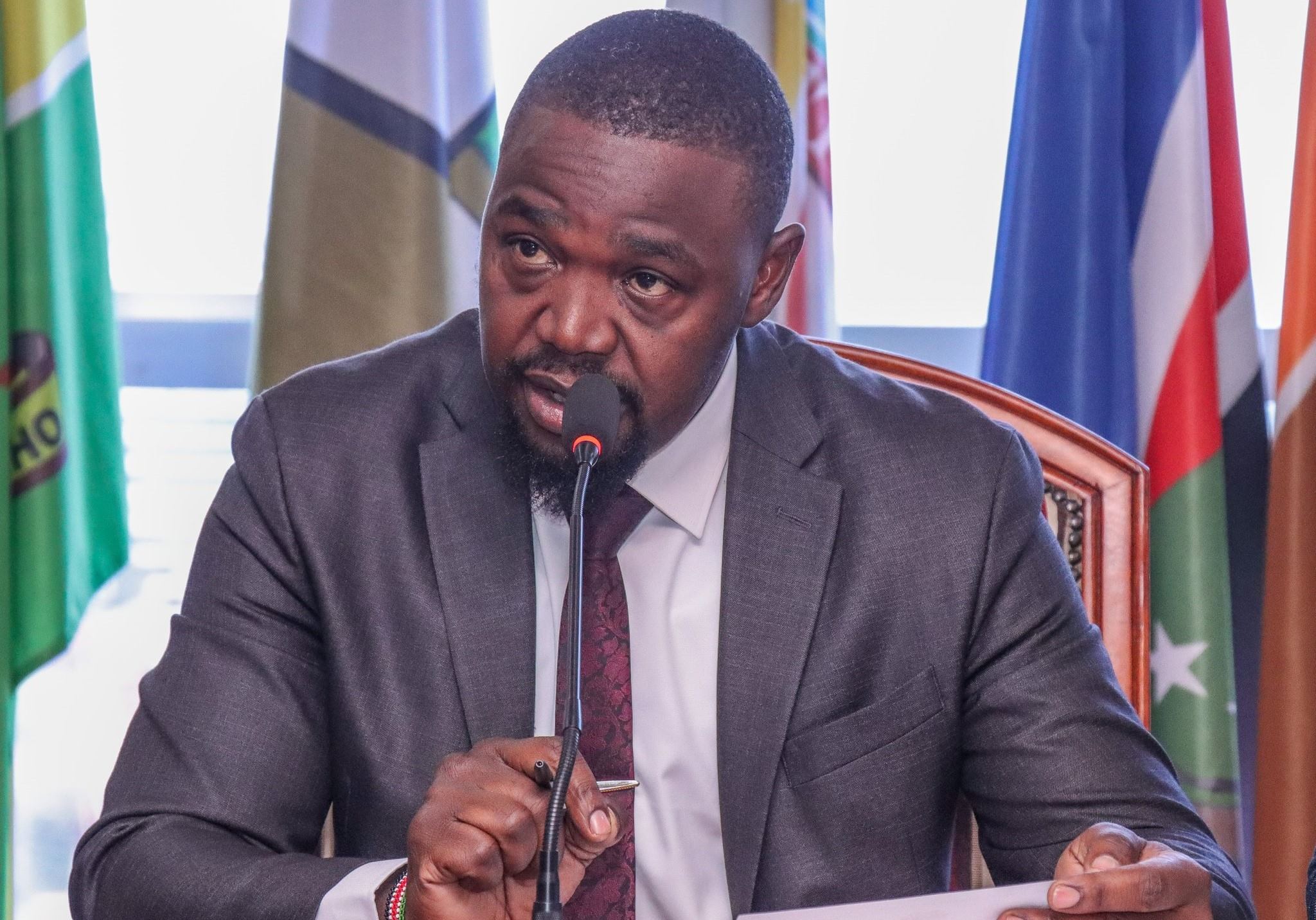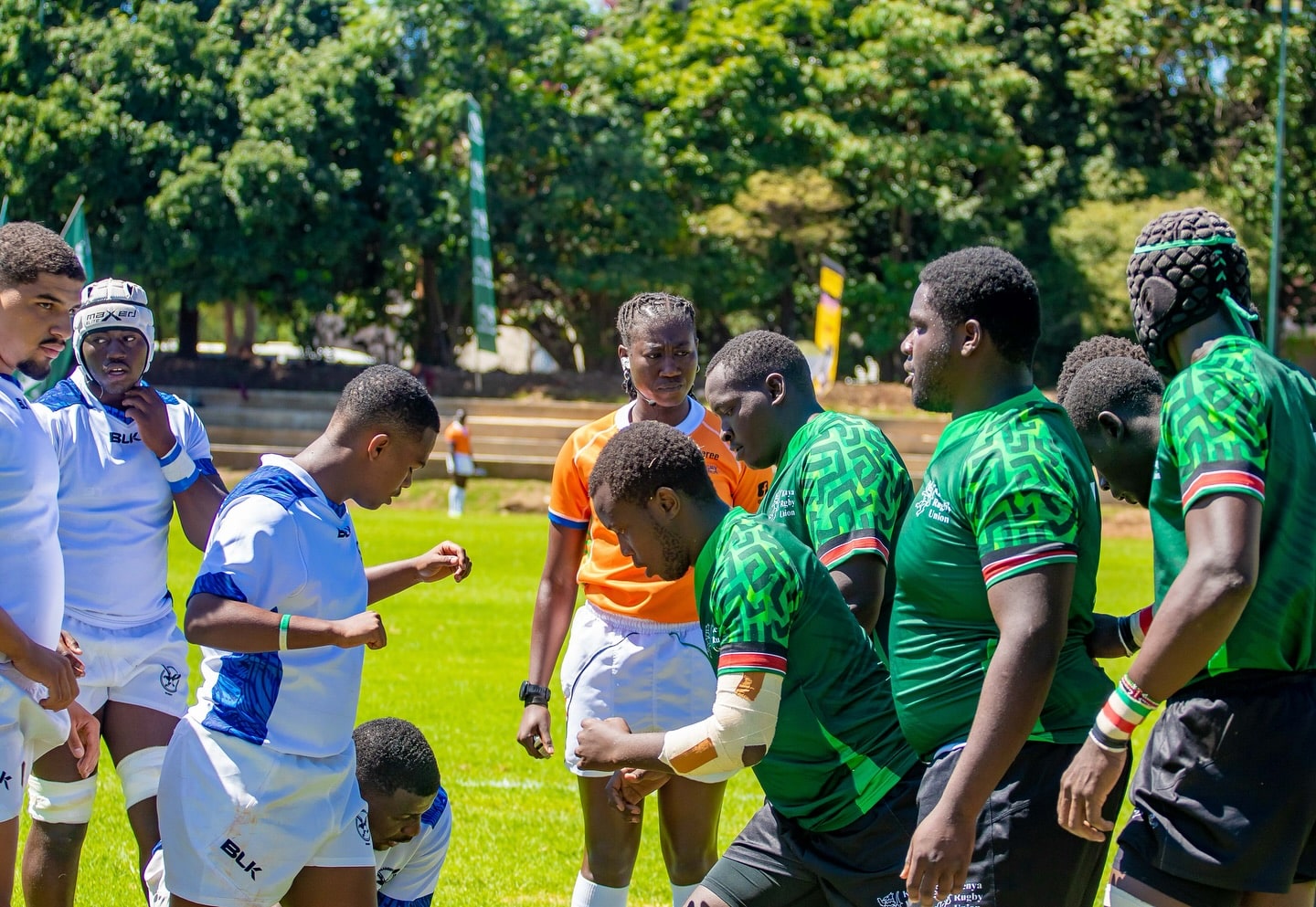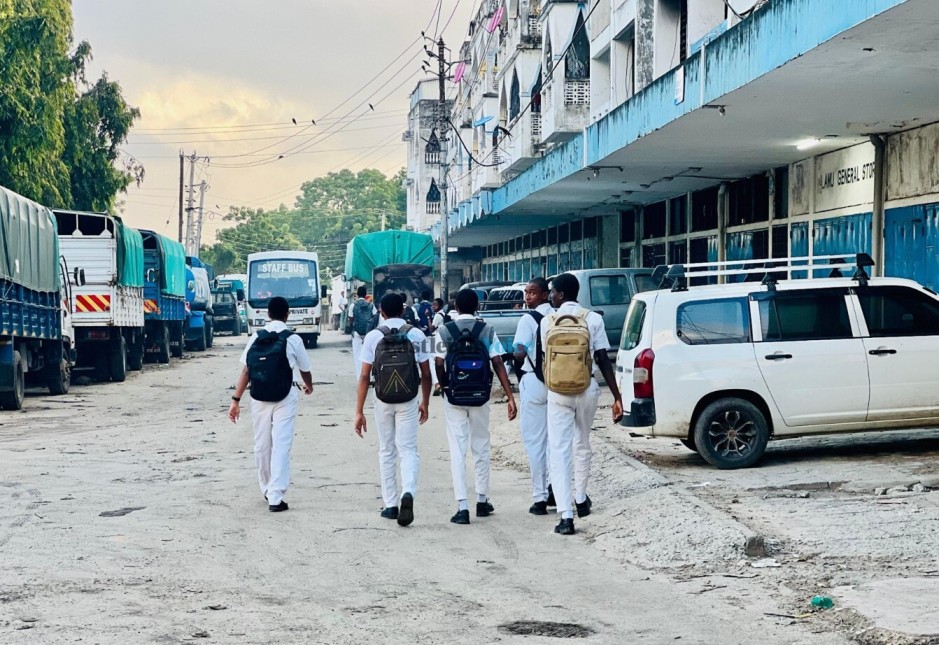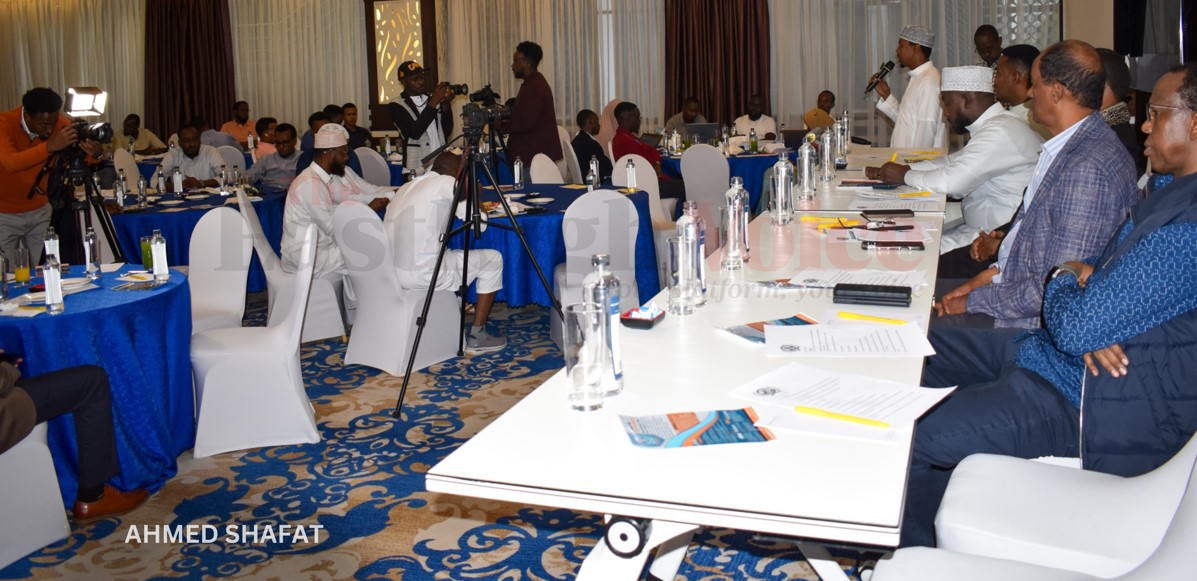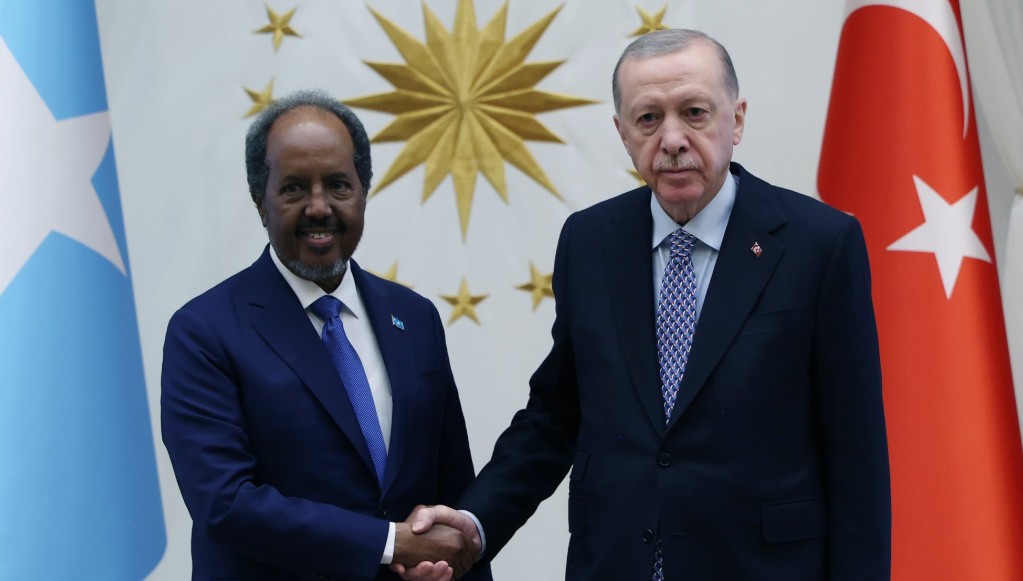Survey reveals widespread illegal fee demands in Kenyan public schools
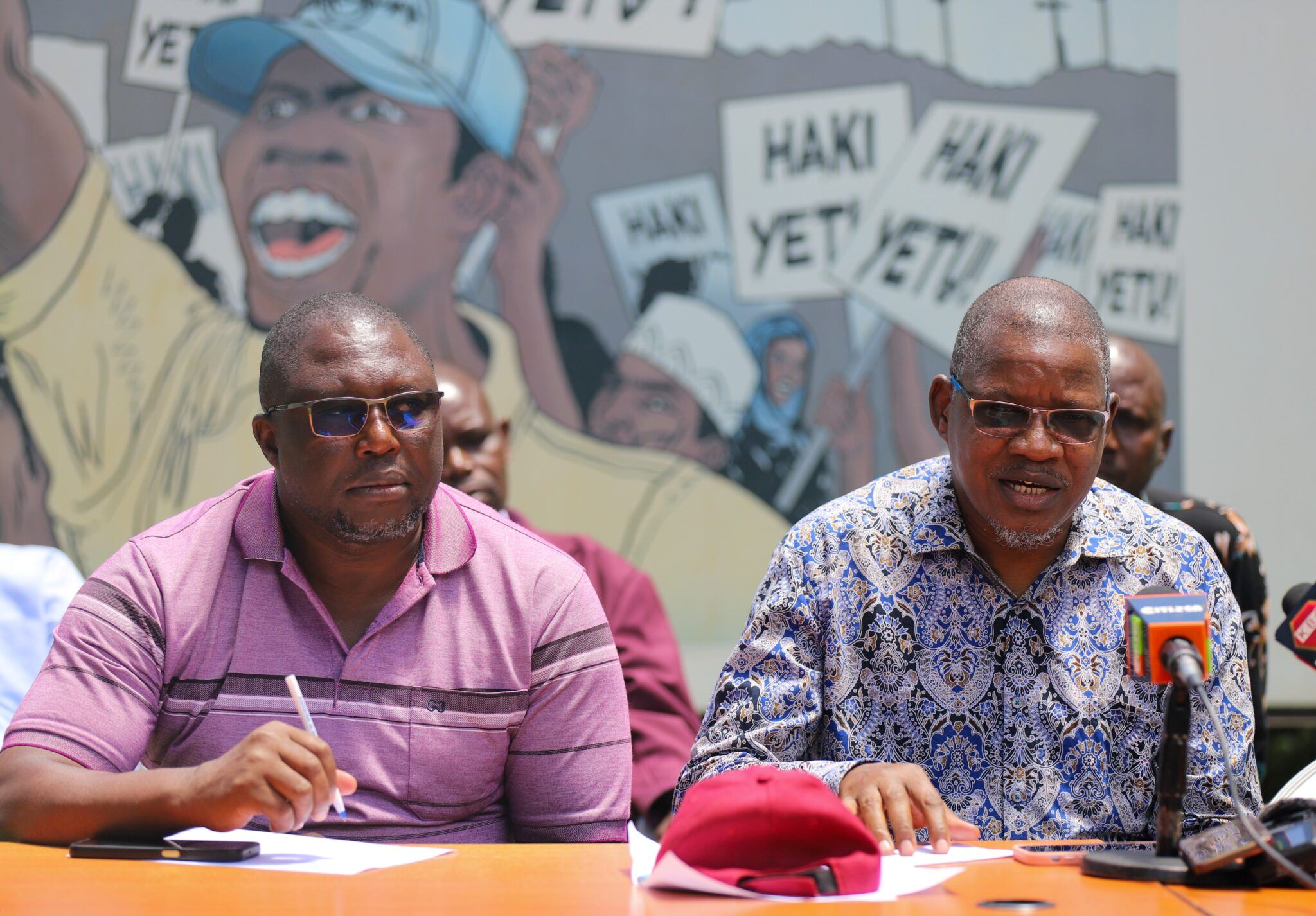
In addition to the admission fees, parents are also facing unlawful charges for textbooks, desks, exam fees and remedial lessons.
The Elimu Bora Working Group (EBWG) has raised an alarm over the widespread illegal fees being charged by public schools in Kenya, despite constitutional guarantees for free and compulsory education.
A recent survey by the Elimu Bora Working Group (EBWG) has revealed alarming reports of illegal fees being levied in public schools.
More To Read
- Senators oppose call by headteachers to increase school fees to bridge capitation gap
- Do not send students home, funds are coming, Education CS Ogamba tells schools
- Headteachers urge government to raise school fees citing rising costs, inflation
- Relief for schools as state releases Sh14 billion capitation funds after delays
In addition to the admission fees, parents are also facing unlawful charges for textbooks, desks, and remedial lessons, placing a heavy financial burden on families and infringing upon their children's right to free education.
With the second term set to begin this week, EBWG is calling on the government to take immediate action to put an end to these illegal charges and protect families from further exploitation.
"We are deeply concerned that, despite explicit constitutional and legal provisions declaring basic education free and compulsory, the government still condones illegal levies in primary and junior secondary schools," stated the EBWG in a statement.
"The survey found that more than 90 per cent of schools illegally charge admission fees, with amounts ranging from Sh500 to Sh25,000, particularly in urban areas. Many schools impose additional charges on parents for desks and lockers, occasionally requiring them to supply the furniture themselves,” the group added.
The survey, conducted between March and April 2025, included 370 primary and junior secondary schools from all 47 counties.
According to the group's recent findings, the survey revealed that 58 per cent of junior secondary schools and 40 per cent of primary schools continue to charge development levies, typically labelled as fees for construction projects such as classrooms, laboratories, or toilets.
Additionally, a significant portion of schools impose fees for remedial lessons, which are supposed to be free. About 89 per cent of schools, especially in upper primary and junior secondary levels, force parents to pay for extra tuition.
Exam fees
Although the government should cover exam fees, the survey found that about 80 per cent of junior secondary schools and 60 per cent of upper primary schools still charge for them. In some schools, parents are required to pay up to Sh2,400 annually for exam fees, further compounding the financial burden on families.
" Approximately 85.7 per cent of schools surveyed send learners home if they cannot pay, leading to high dropout rates. Nearly 45 per cent of parents have reported knowing children who stayed at home because their families could not afford these illegal fees, with junior secondary students being particularly at risk due to the rising financial demands," said the group.
EBWG emphasised that these findings reflect serious underfunding and poor monitoring within the education sector.
The group is now urging the Cabinet Secretary for Education to take immediate action to halt these illegal levies and protect parents and guardians from further exploitation.
“The CS must also take stern action against any school heads and county directors of education found culpable of enforcing illegal levies,” stated EBWG .
They also demand that all schools display approved fee schedules publicly and enforce penalties for non-compliance.
Additionally, the EBWG has called on the government to adequately fund public schools, ensuring that basic education needs, learning materials, and activities are fully covered without passing the financial burden on families.
“According to Article 53(1)(b) of the Constitution and the Basic Education Act (2013), every child has the right to free and compulsory basic education. Section 32 of the Basic Education Act outlaws charging admission fees. The government has a duty to protect these rights and punish school heads who demand illegal payments,” the group concluded.
Top Stories Today
